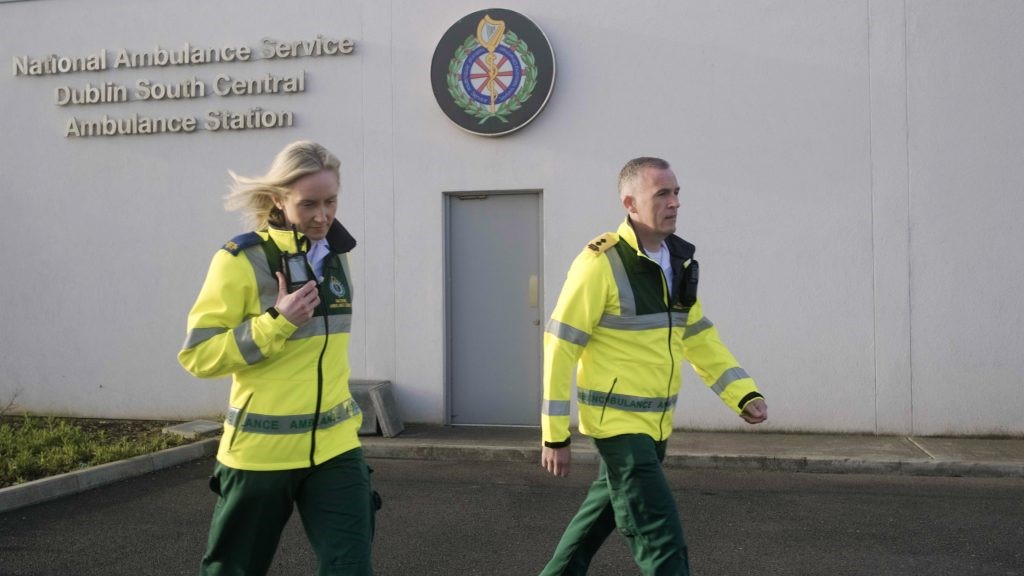A paramedic is a trained professional who provides emergency medical care to people who are seriously ill or injured, with the primary goal of stabilising the patient before they are transported to a hospital. Paramedics are skilled in assessing and managing various medical emergencies, administering treatment, and providing life-saving interventions on-site.
Entry routes to becoming a Paramedic:
- Undergraduate BSc Paramedic Studies Degree
- The HSE Student Paramedic Training Programme
The regulatory body Pre Hospital Emergency Care Council (PHECC) offers guidance on recognised courses and qualifications for those wishing to pursue a career in pre-hospital emergency care. Additional information on the profession can be found by visiting the Careers Portal Website.
If you have qualified as a paramedic in a country outside of Ireland, PHECC provides information on how to have foreign qualifications recognised.




